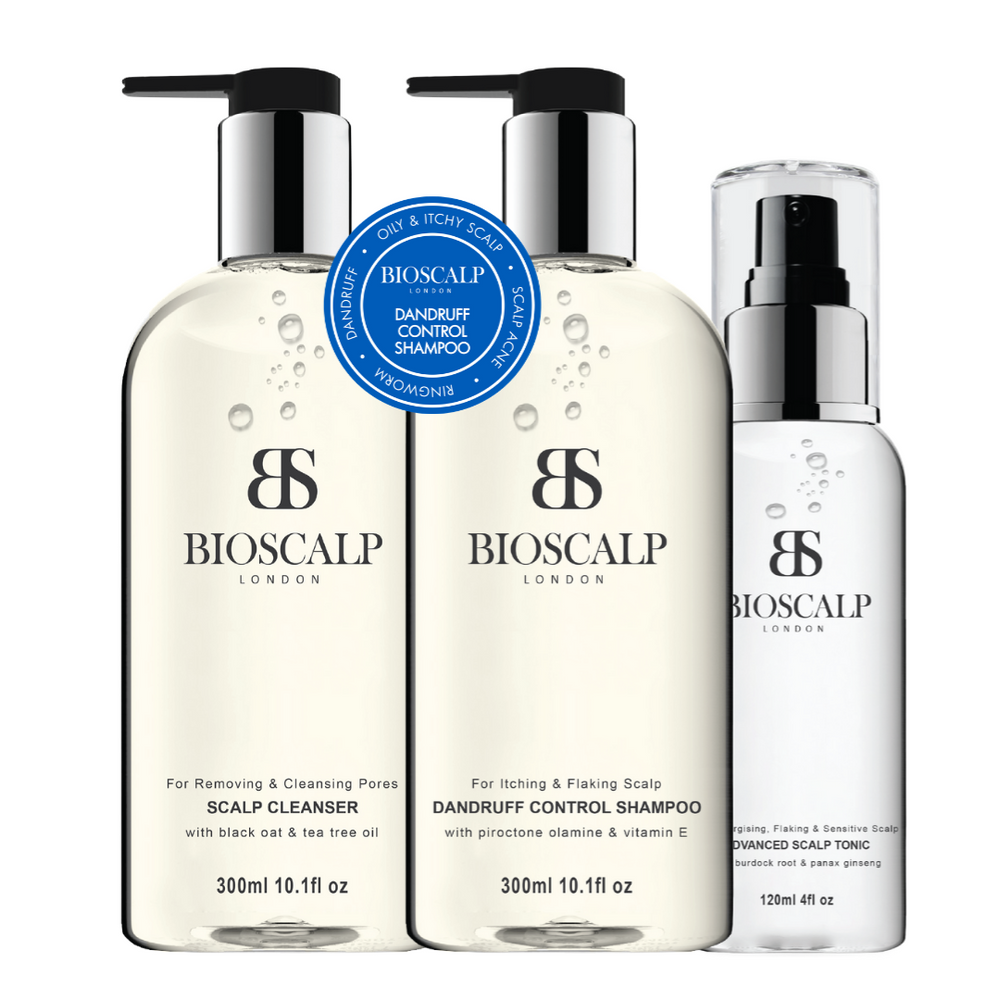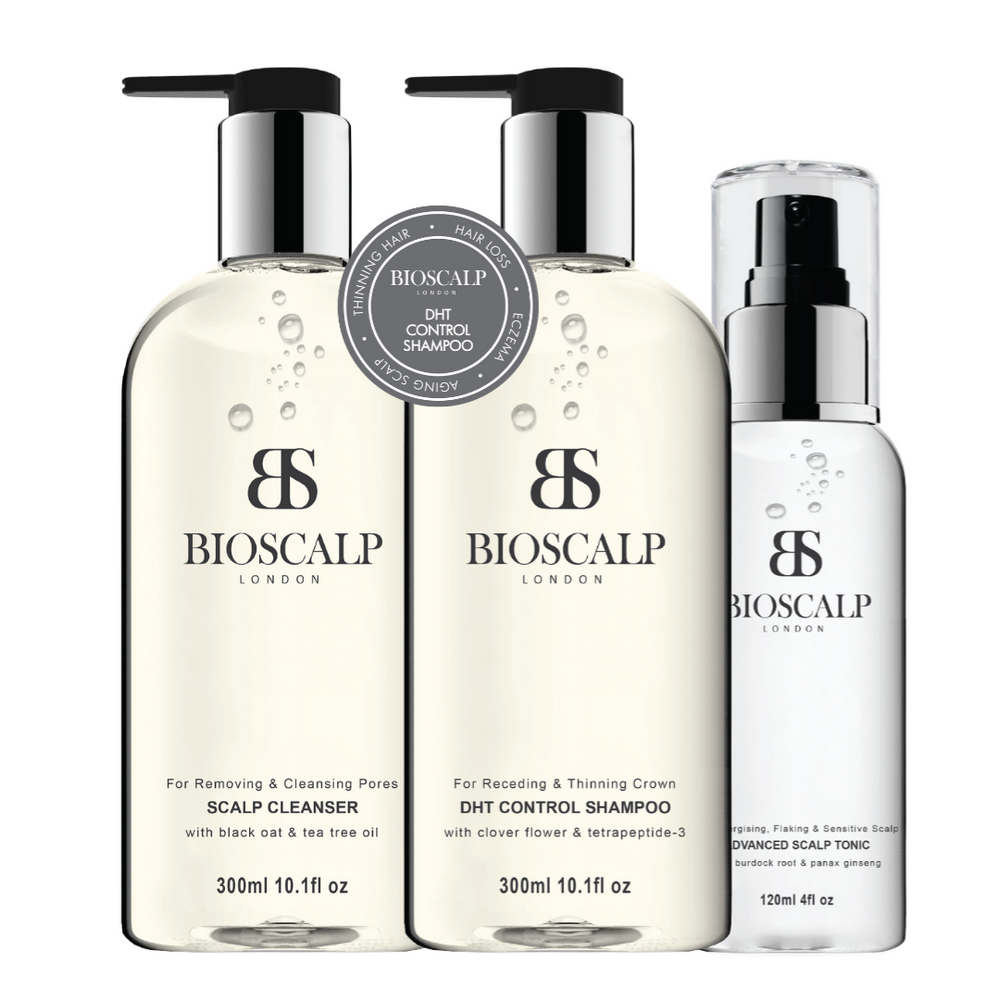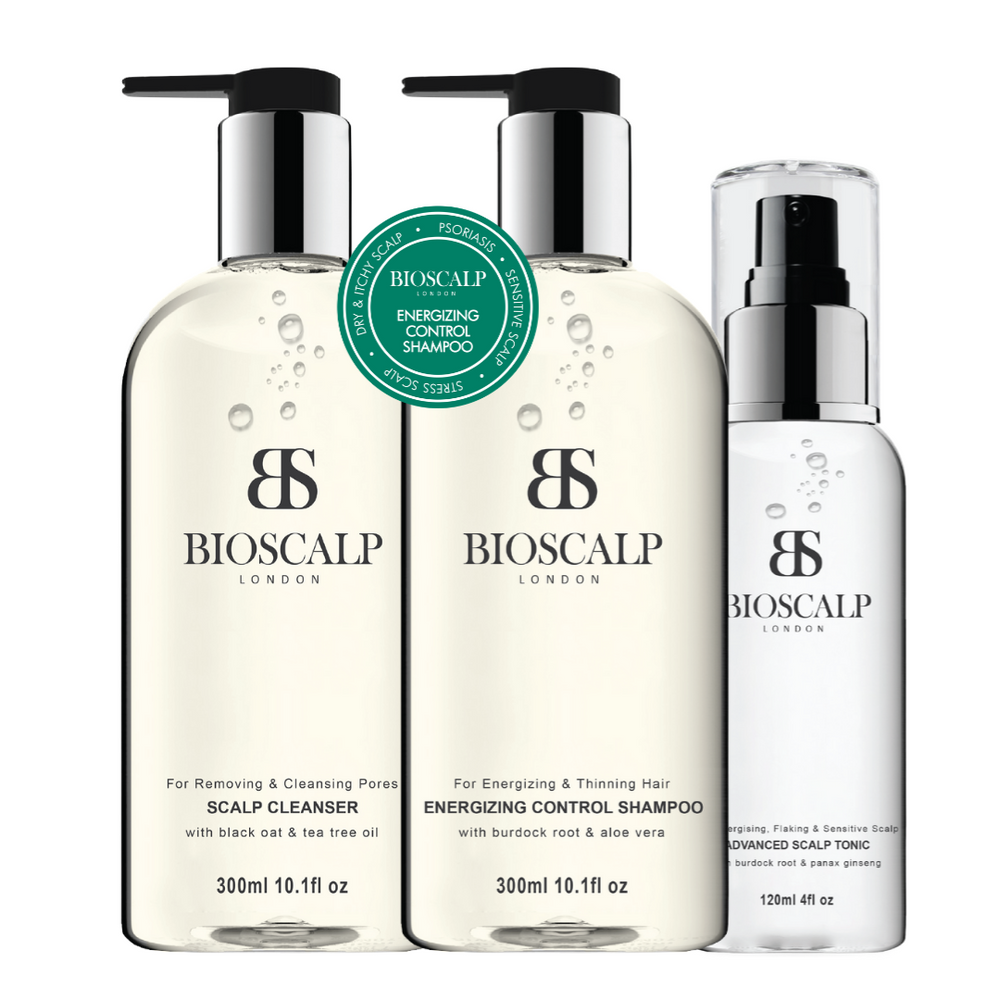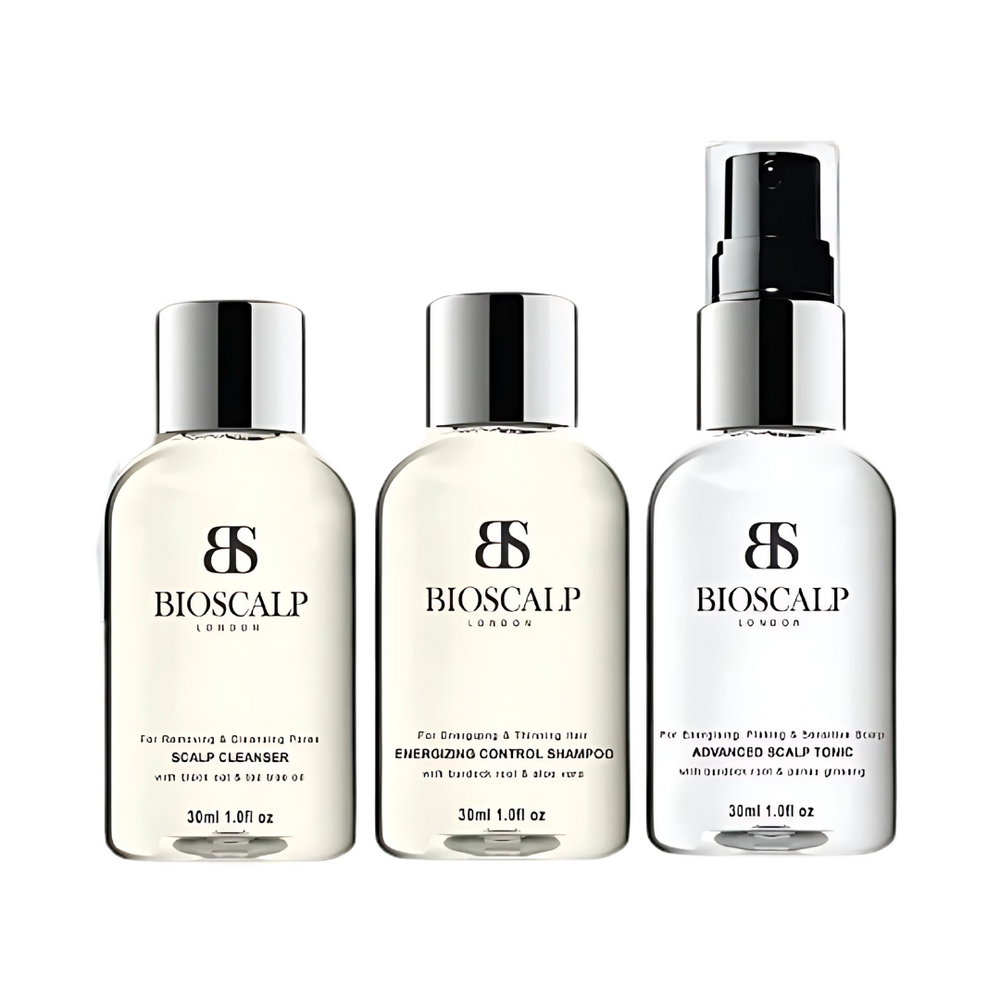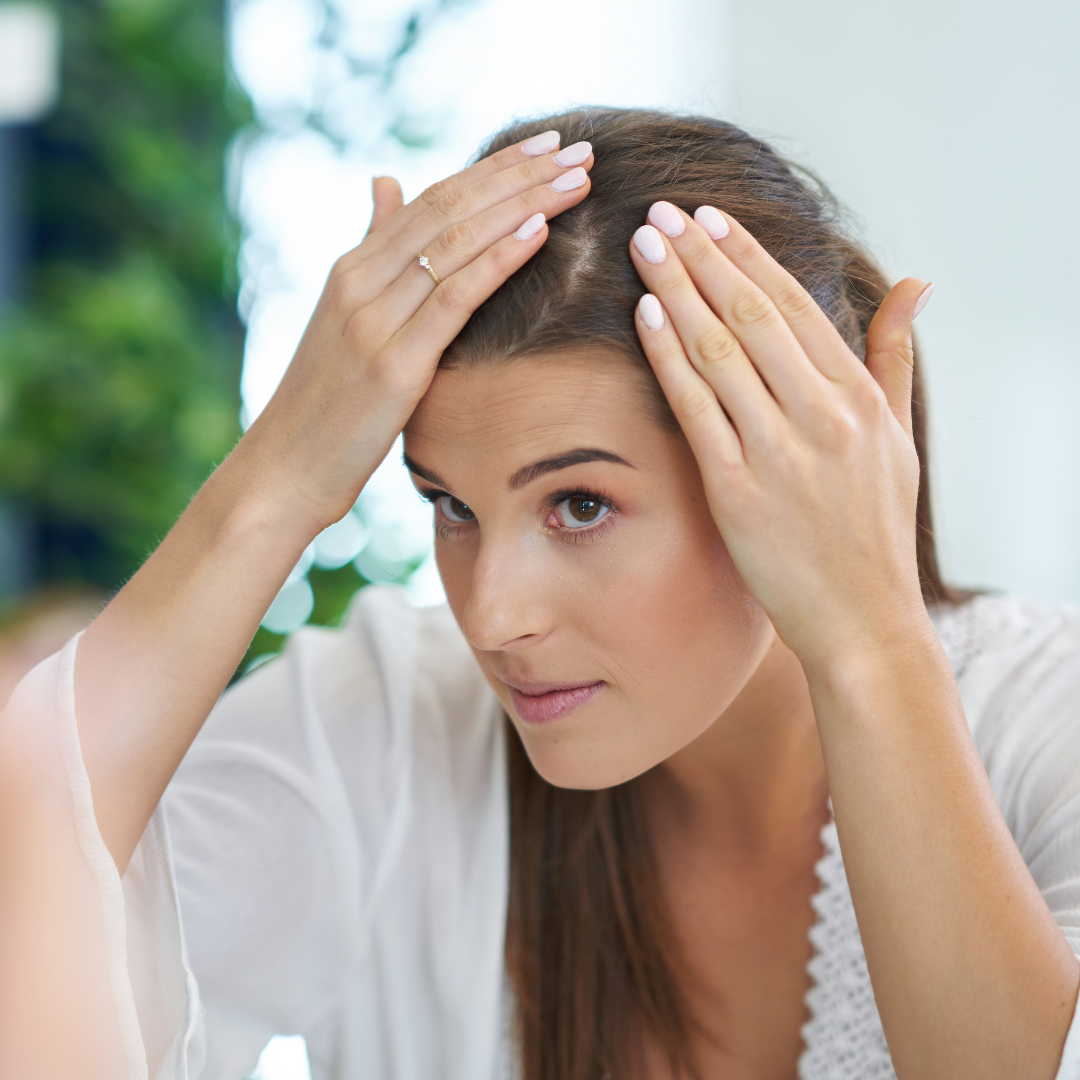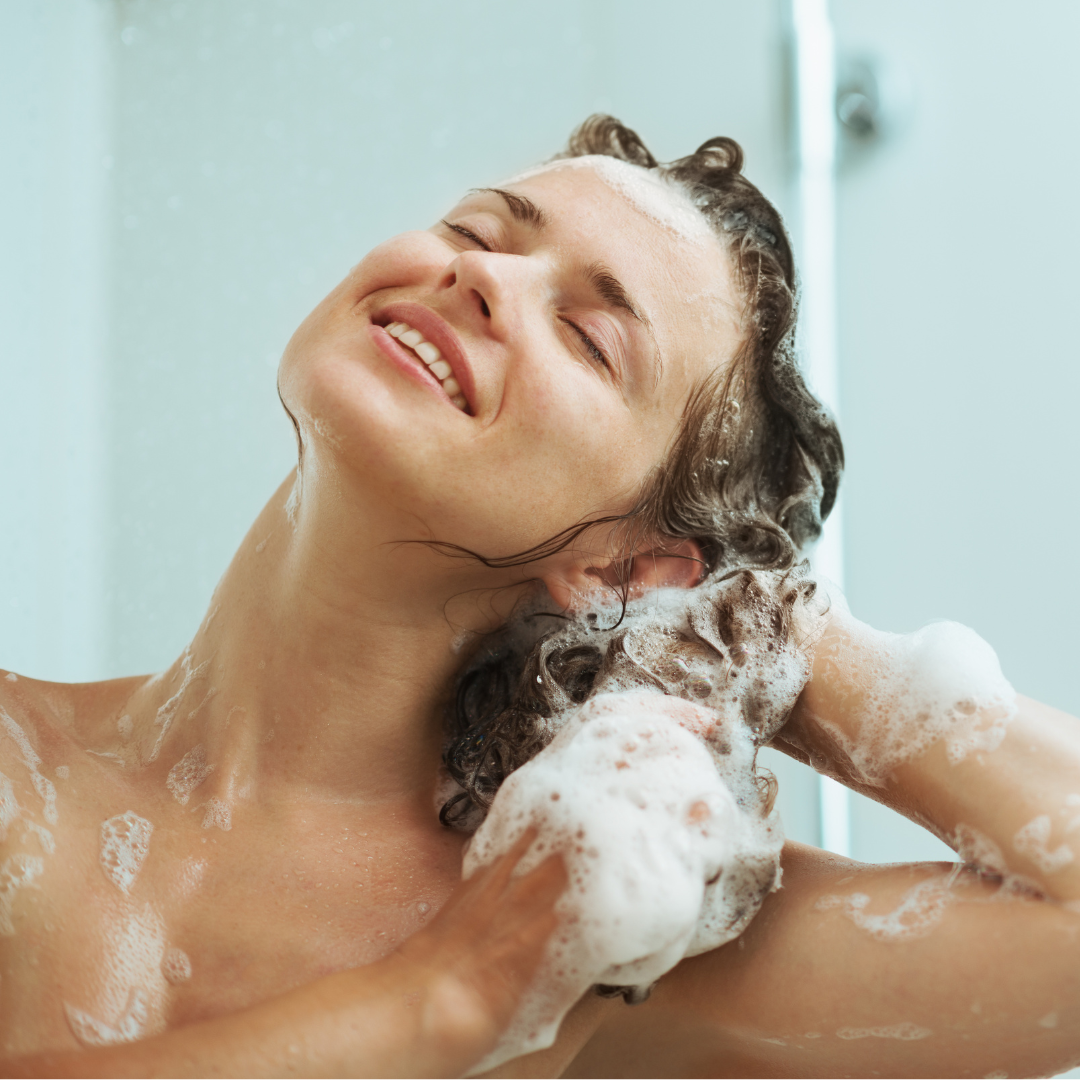An itchy scalp can be both frustrating and distracting, but the good news is there are plenty of home remedies to provide relief. Whether the cause is dryness, dandruff, or an allergic reaction, natural treatments can soothe irritation and promote scalp health. Here’s a look at some of the most effective remedies:

Popular Home Remedies for Itchy Scalp
Apple Cider Vinegar
Apple cider vinegar is celebrated for its antibacterial and antifungal properties, making it effective in combating itchiness caused by dandruff or buildup. Its acidic nature helps balance the scalp's pH levels. To use, dilute apple cider vinegar with water in a 1:1 ratio and apply as a rinse after shampooing. Leave it on for a few minutes before rinsing thoroughly.
Coconut Oil
Rich in lauric acid, coconut oil deeply moisturizes the scalp while fighting bacteria and fungi. Warm a small amount of coconut oil and massage it into your scalp to hydrate and soothe irritation. For best results, leave it on overnight and rinse out the next day.
Peppermint Oil
The menthol in peppermint oil provides a cooling sensation that relieves itching and reduces inflammation. Mix a few drops of peppermint oil with a carrier oil like olive oil and massage it into your scalp, or add it to your shampoo for an extra refreshing wash.
Tea Tree Oil
A powerhouse of antiseptic and antifungal properties, tea tree oil is highly effective in reducing dandruff and calming an irritated scalp. Add a few drops of tea tree oil to your shampoo or dilute it with a carrier oil for direct application.
Baking Soda
Baking soda can exfoliate dead skin cells and balance the scalp's pH. Create a paste by mixing baking soda with water and apply it to your scalp. Leave it on for 10-15 minutes before rinsing thoroughly.
Colloidal Oatmeal
Known for its soothing effects, colloidal oatmeal is a natural remedy for relieving scalp irritation and locking in moisture. Mix it with water to create a paste or dissolve it in warm water for a calming scalp rinse.
Warm Olive Oil
Olive oil is a natural emollient that softens and hydrates the scalp. Warming the oil slightly enhances its absorption, making it an ideal treatment for itchiness caused by dryness or flaking. Massage it into your scalp, leave it on for a few hours, and then wash it out with a gentle shampoo.
Lemon Juice
The antibacterial properties of lemon juice help combat dandruff while removing buildup. Apply fresh lemon juice directly to your scalp, leave it on for a few minutes, and rinse thoroughly.
Banana and Avocado Mask
Mash a banana and an avocado together for a deeply nourishing scalp mask. The natural oils and vitamins in this mixture provide hydration and reduce dryness, leaving your scalp healthier and itch-free.
Hibiscus Flower Paste
Blend fresh hibiscus flowers into a smooth paste and apply it to your scalp. Hibiscus promotes blood circulation, helping to alleviate itching and support overall scalp health.
Additional Considerations
While home remedies can offer effective relief from an itchy scalp, it’s crucial to consider the broader context of scalp health. Understanding the root cause, adopting preventive measures, and recognizing when professional help is needed are key to achieving long-term comfort and wellness.
Understanding the Cause
Before diving into treatments, it’s essential to identify the root cause of your itchy scalp. Common culprits include dandruff, eczema, psoriasis, fungal infections, or product buildup. Treating the underlying issue ensures lasting relief.
Consistency is Key
Consistency in care is essential for resolving scalp itchiness. Applying a remedy once may offer temporary relief, but long-term improvement often requires integrating these treatments into your hair care routine.
When to Seek Professional Help
If your symptoms persist, worsen, or are accompanied by pain, visible lesions, or excessive hair loss, consult a dermatologist. Persistent scalp issues may require targeted medical treatments or prescription medications.
Tailoring Your Routine
Not all remedies work for everyone, and experimenting with various approaches might be necessary to find what suits your scalp best. Consider factors such as your hair type, sensitivity to ingredients, and the root cause of your itchiness. Combining natural remedies with medical-grade products, when needed, can help you create a personalized regimen for optimal scalp health.
By understanding the nuances of scalp care, addressing the root cause, and adopting a consistent routine, you can effectively manage and prevent itchy scalp conditions for long-term comfort and well-being.
Precaution
While these remedies are generally safe, always perform a patch test before applying any new ingredient to your scalp—especially essential oils like tea tree or peppermint. Some natural products may cause irritation or allergic reactions, so it’s important to monitor how your skin responds. If any discomfort or redness occurs, discontinue use immediately and seek medical advice.
For those with sensitive or easily irritated scalps, consider pairing natural remedies with dermatologist-tested solutions like the BioScalp Scalp Cleanser or BioScalp Dandruff Control Shampoo. These formulas are designed to maintain balance, reduce buildup, and soothe the scalp gently without harsh ingredients—offering a safe and effective foundation for long-term scalp health.
By combining mindful care with consistent use of the right products, you can effectively manage scalp itchiness and restore harmony to your scalp. With a little patience and the right routine, a healthy, itch-free scalp is well within reach.



